Career in Gear: Editors
Editors' drummer Ed Lay takes us through some of the essential gear the band have built its sound on
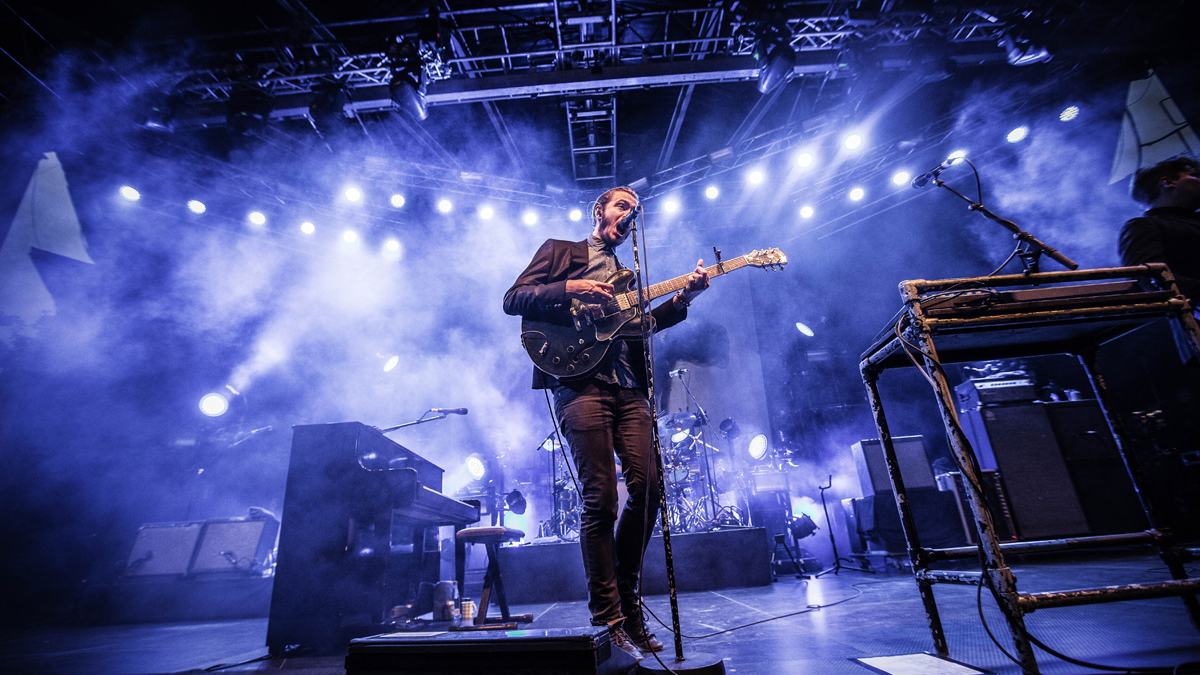
Intro
English post-punk band Editors received Mercury Prize and Brits nominations respectively for their debut album The Back Room and An End Has a Start, which hit the number one spot in 2007 - a feat repeated two years later with the band’s third album, In This Light and on This Evening.
With a new album ‘In Dream’ released this month, Ed Lay talks us through the gear that has driven Editor’s alternative rock sound over the past decade, including some interesting electronic kit they’ve been using in the studio to help update their current sound.
Click through the gallery to discover Ed's selections and find out why he chose them...
The new Editors album ‘In Dream’ released 2nd October on PIAS Recordings.
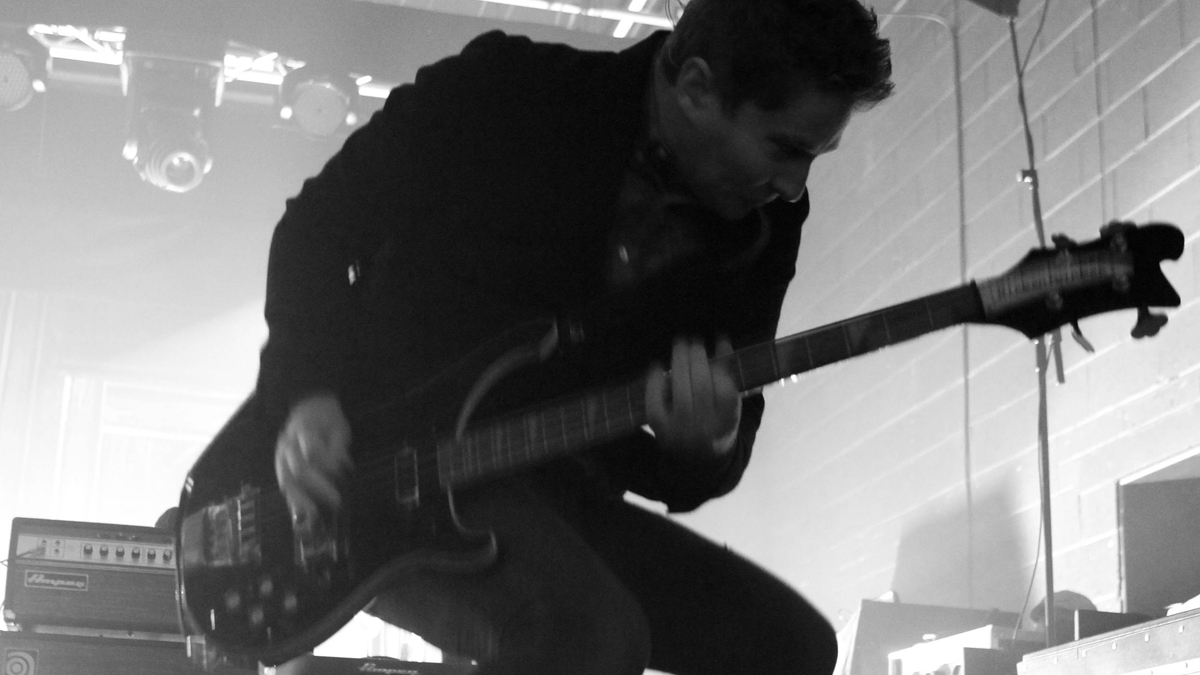
Rickenbacker guitars
"The spark between the singer and lead player in the group is an important relationship. It won’t always be harmonious, but it often leads to the most interesting and enduring ideas for songs to be created.
"Tom [Smith] was always the songwriter, and his voice will always be at the heart of Editors’ sound, but Chris Urbanowicz's feel for rhythmic hooks and the tone he got out of his Rickenbacker was that bit of magic that got many people to take notice of our band in the early years.
"Both Chris and bass player Russell [Leetch] played black and white Rickies. They’re loud, aggressive and stylish guitars that featured a lot in our music. They suited the monochrome vibe of The Back Room era perfectly."
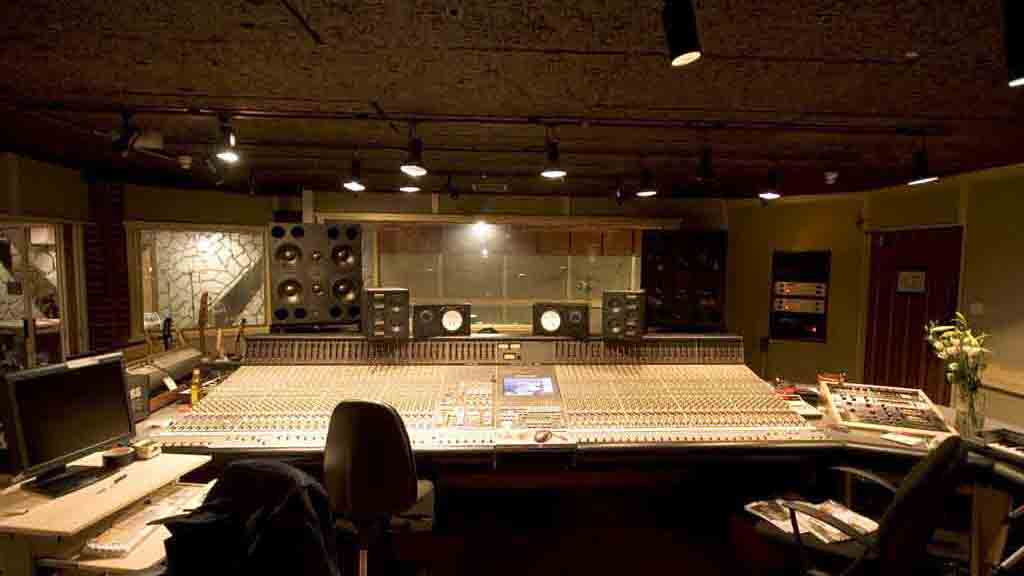
Plate reverb
"After doing a couple of early recordings at a unit on a Wolverhampton industrial estate with Gavin Monaghan, we had our first taste of more salubrious studios in Primrose Hill with producer Jim Abiss, at the now closed Mayfair Studios.
"We were tracking the drums to the song Munich and wanted to get a cooler sound for the snare by setting a clap sound to trigger alongside it. Jim fed the signal through the desk to the studio’s own plate reverb. I was very inexperienced and thought reverbs only came from a little digital box, but this studio had a special room built underneath it to house a long metal plate that created a physical reverb chamber.
"It amazed me, and at the same time freaked me out, just how much money it must have cost to build and run the gear in these high-end studios - and we were using it! It sounded great though, nothing is more useful than a posh reverb, we used it loads on the record."
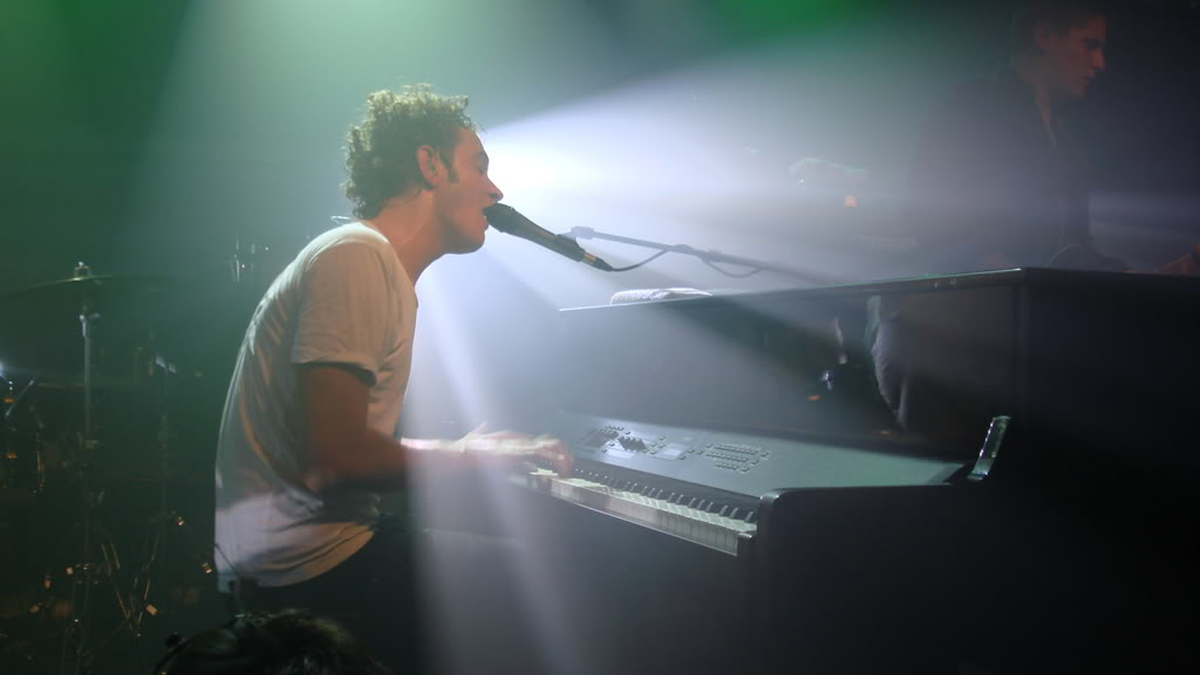
Piano
"On record two, Tom was writing at home and using his piano to craft songs for the first time. We were going for a bit more drama in the songs, and the piano gave us more of an expansive sound. It gave us more diversity on stage too.
"We bought a Kawai stage piano and had a big box made up for it to sit in. This box has been climbed on, jumped on and vaulted over during shows as Tom could swap between his instruments. It's got a lot of road injuries, but it's still at the heart of our gigs."
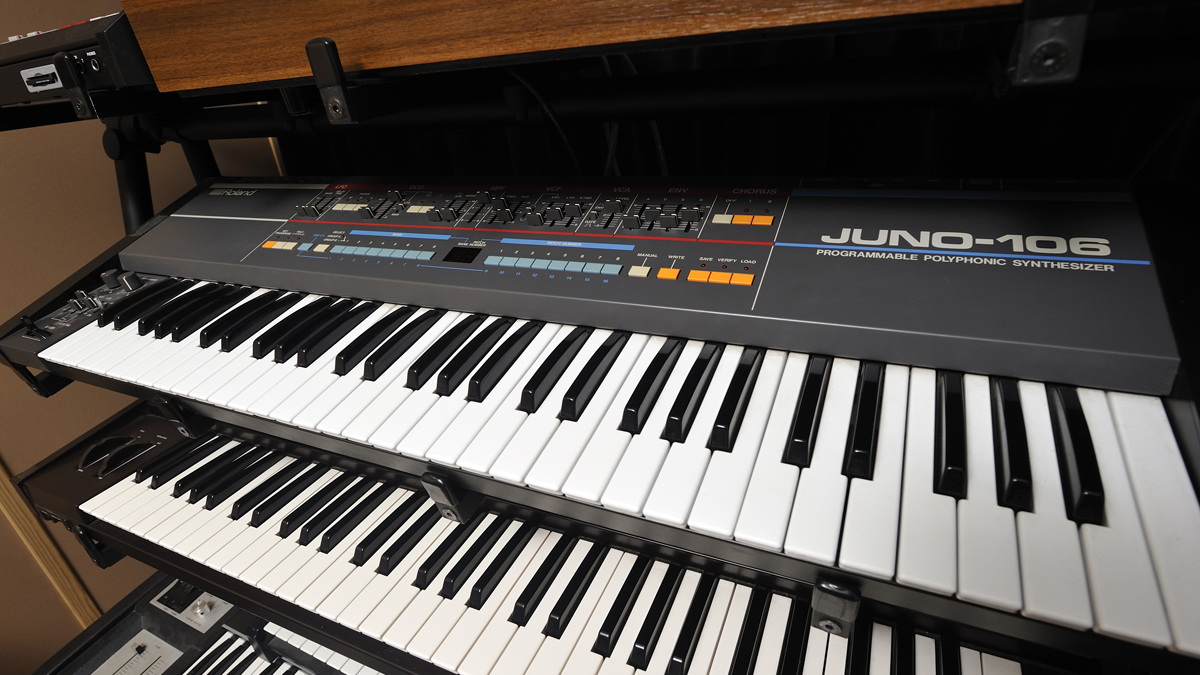
Roland Juno-106
"We were determined to move into electronic music when we were writing the third record, and we went into the studio with Flood who had a great collection of gear.
"The Juno-106 is a very common synth, but it's full of good sounds and can easily be manipulated with a flick of the faders, so it was perfect for novices like us to play around with and get ideas down very quickly. It's great for pad sounds, and especially sub-bass, and can be heard all over our more recent stuff.
"I'm not sure when we first came to own a 106, but now we have a few floating around in various states of repair and they all sound a bit different. One got stuck on a sound that was amazing, but when it got repaired we couldn't get it back again no matter how hard we tried."
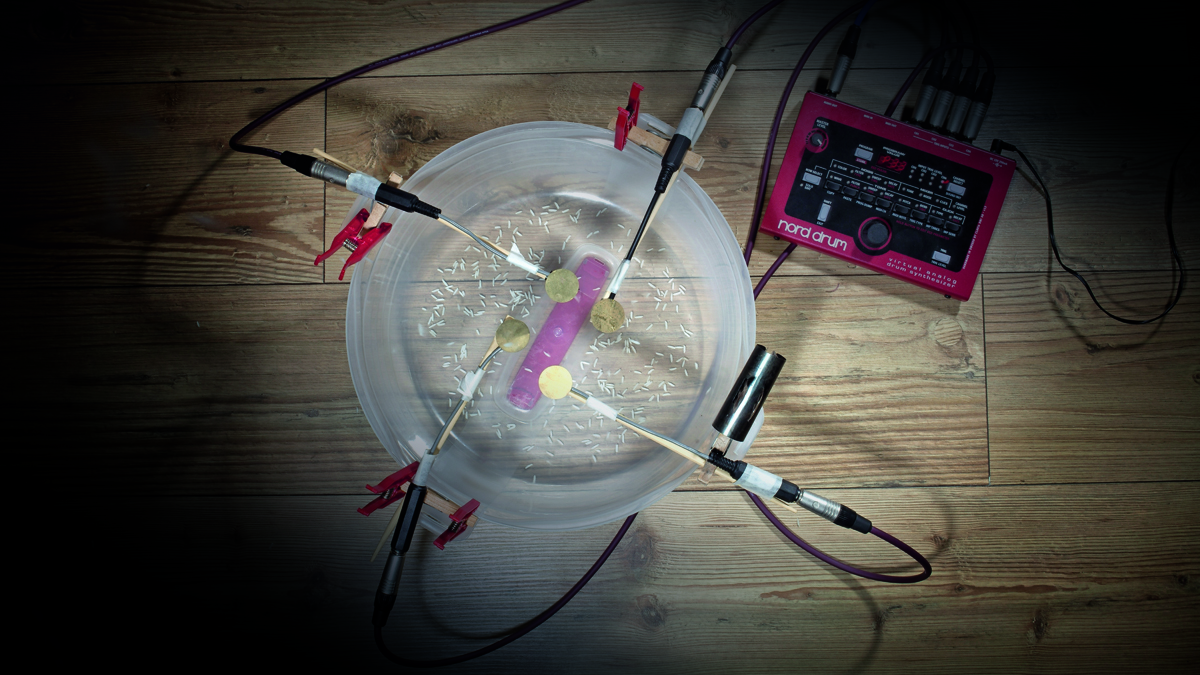
Contact microphones
"We attempted to make all sorts of new sounds when we were working with Flood. He was keen to get us experimenting with new gear, finding samples and manipulating them into other-worldly sounds.
"One tool we used a lot was contact mics. We attached them to drum shells and hardware that allowed us to record the mechanics of the playing along with traditional acoustic sounds. We found ourselves taping them to our necks and recording backing vocals, and hanging them in front of the PA and recording the feedback they produced, all giving pretty weird results.
"Flood found a use for every sound though; nothing was too distorted or obtuse to go to waste."
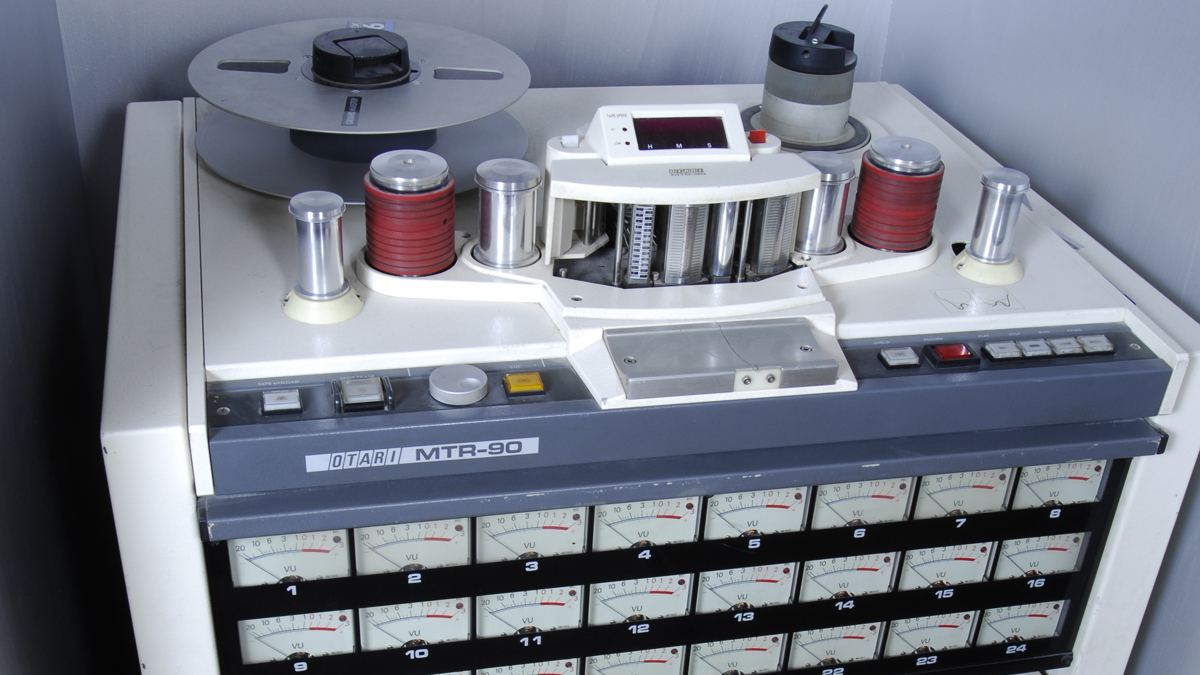
Multitrack tape recorder
"We are well in the age of digital computer-based recording. Pro Tools is very familiar to us and gives us so much flexibility, but we have been lucky enough to track a number of our sessions to 2-inch tape. We recorded our fourth album, The Weight of your Love, at Blackbird Studios in Nashville.
"They had rooms full of vintage gear, and we picked out all the guitars, amps and drums to suit each individual track. We spent loads of time setting everything up and balancing the sounds properly in the room before playing the backing tracks as a band together and recording straight onto a 24-track tape machine.
"It felt very traditional, the way it should be done in a town like Nashville."
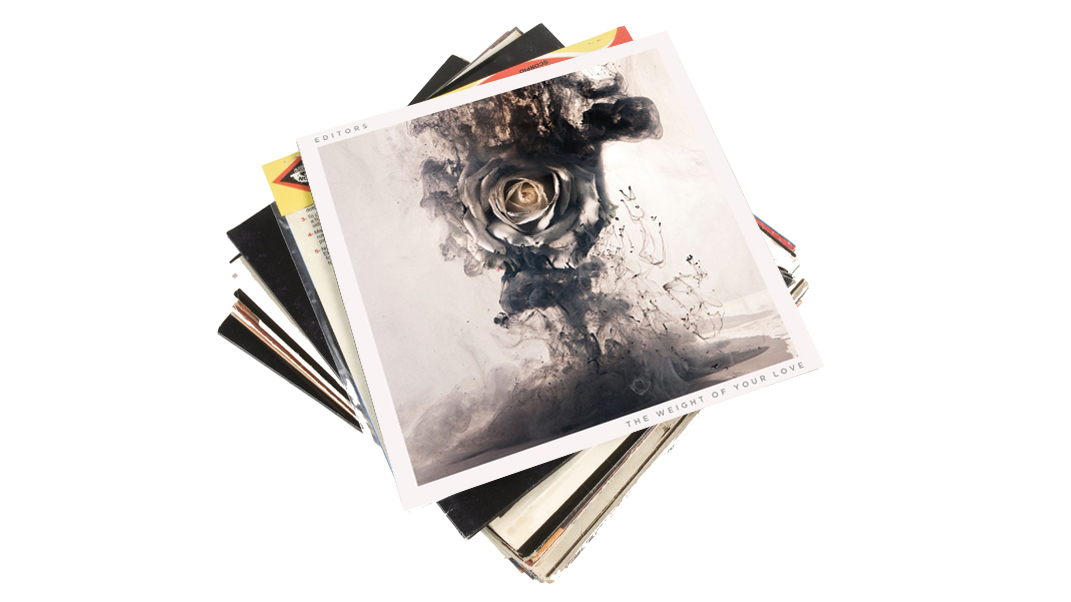
Mandolin
"The Weight of your Love was our attempt to make an alternative rock record. The guitars were at the front of the mix, but the vibe of the record was quite often set up by a hook from something different, like a keyboard or Tom’s mandolin.
"Although it didn't make it onto all of the songs, the mandolin was used a lot in rehearsals as it gave a lot of drive and energy to a track. We used distortion and a load of reverb pedals on it to make it feel a bit more synthetic and duel with the sound of the electric guitar.
"We always joked that songs with mandolins are a hit, so maybe we should have had it on the record a bit more."
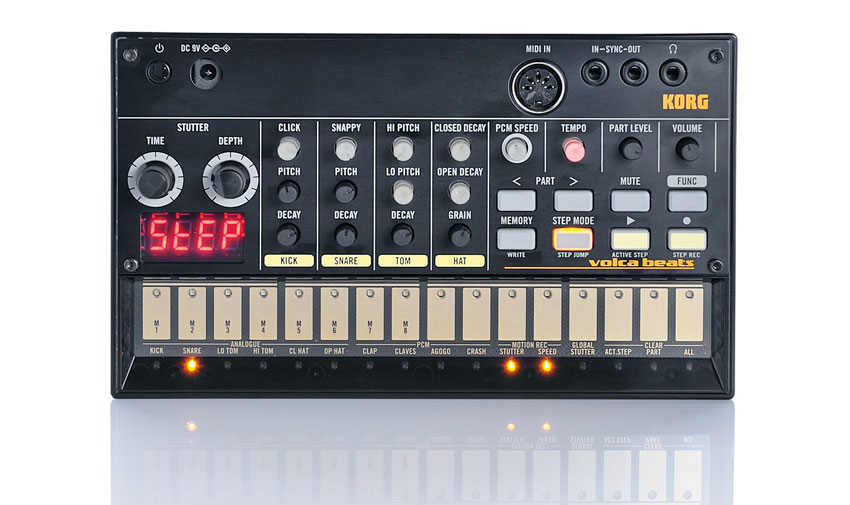
Korg Volca Beats
"Getting the vibe of a piece of music is so important in getting the most out of a song. With five of us in the band, it’s crucial that everyone is feeling good about the direction of a track to be able to build on it in the studio. It's not just getting a part that sounds good, it's having the right sounds and instruments that will set up the mood of the song.
"We built our own studio in a space in the west of Scotland to write our most recent record, In Dream. The little Korg Volca Beats drum machine became the starting point for a lot of the songs, as it was so quick to get an idea sketched out on and the sounds it came out with really connected with the atmosphere we were trying to create.
"It’s battery powered too, so any one of us could take it to a quiet place, play around with it and bring it back for the others to play along to. A brilliant and inexpensive bit of gear!"
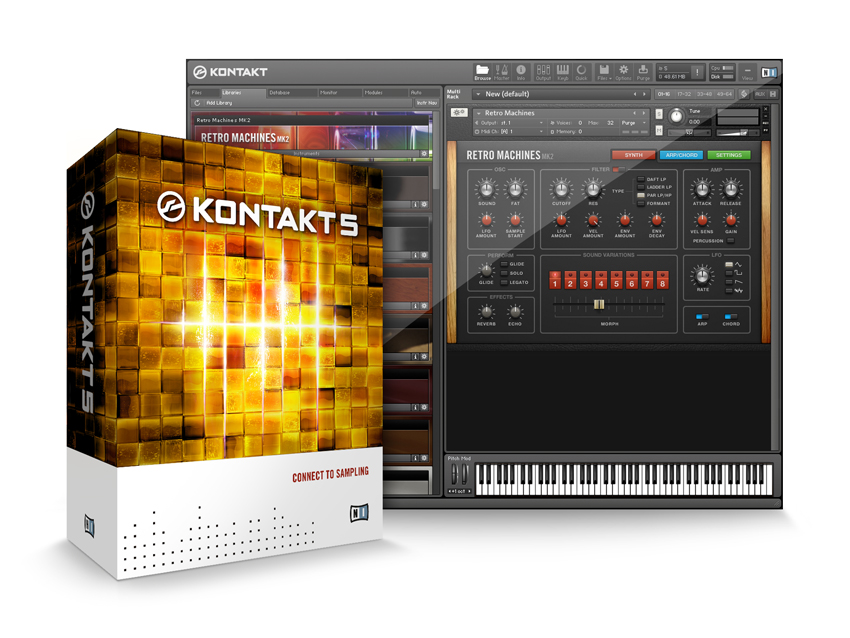
Native instruments Kontakt
"Producing a record 20 miles away from the nearest town, and hours away from the nearest city, brought about certain challenges. One being, we couldn't access gear very easily, so if we hadn't got what we wanted we’d be left to make do with what we’d brought with us.
"Having a collection of great sample packs in a powerful sampler was a way of trying out a ton of soundscapes in the box. There were times when we wanted to try out a string idea and our guitarist Justin [Lockey], who also engineered the record, would just load up the samples in Kontakt.
"We used Spitfire Audio stuff mostly. We could have gone to the expense of getting a quartet and recording real strings at a later date, but the samples were brilliant and always sat well with the analogue outboard gear that we ran alongside them."
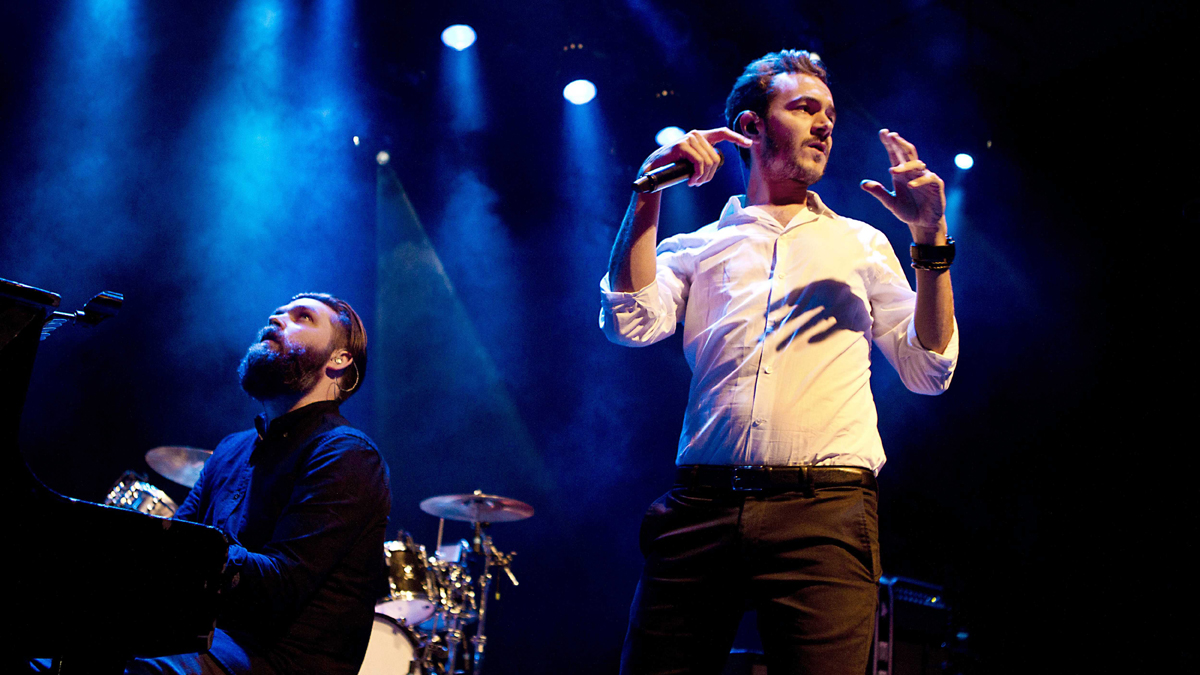
Wireless microphones
"All the recording has been done for now. We are currently in rehearsals to go out and tour the new record in October, so our attention turns to getting things on stage absolutely right.
"The biggest change we’ve made in the setup is the addition of a wireless microphone for our singer. Tom has grown much more comfortable as a front man over the 10 years we’ve been together, especially as we’ve been playing bigger outdoor shows. He’s been playing much less guitar recently too, so we thought we’d give him a bit more freedom to roam around the stage (and possibly further) and really get the crowd going.
"It's a bit of a luxury item I suppose, but we want to change our live show and I reckon the people who turn up want to see the best of our singer!"

